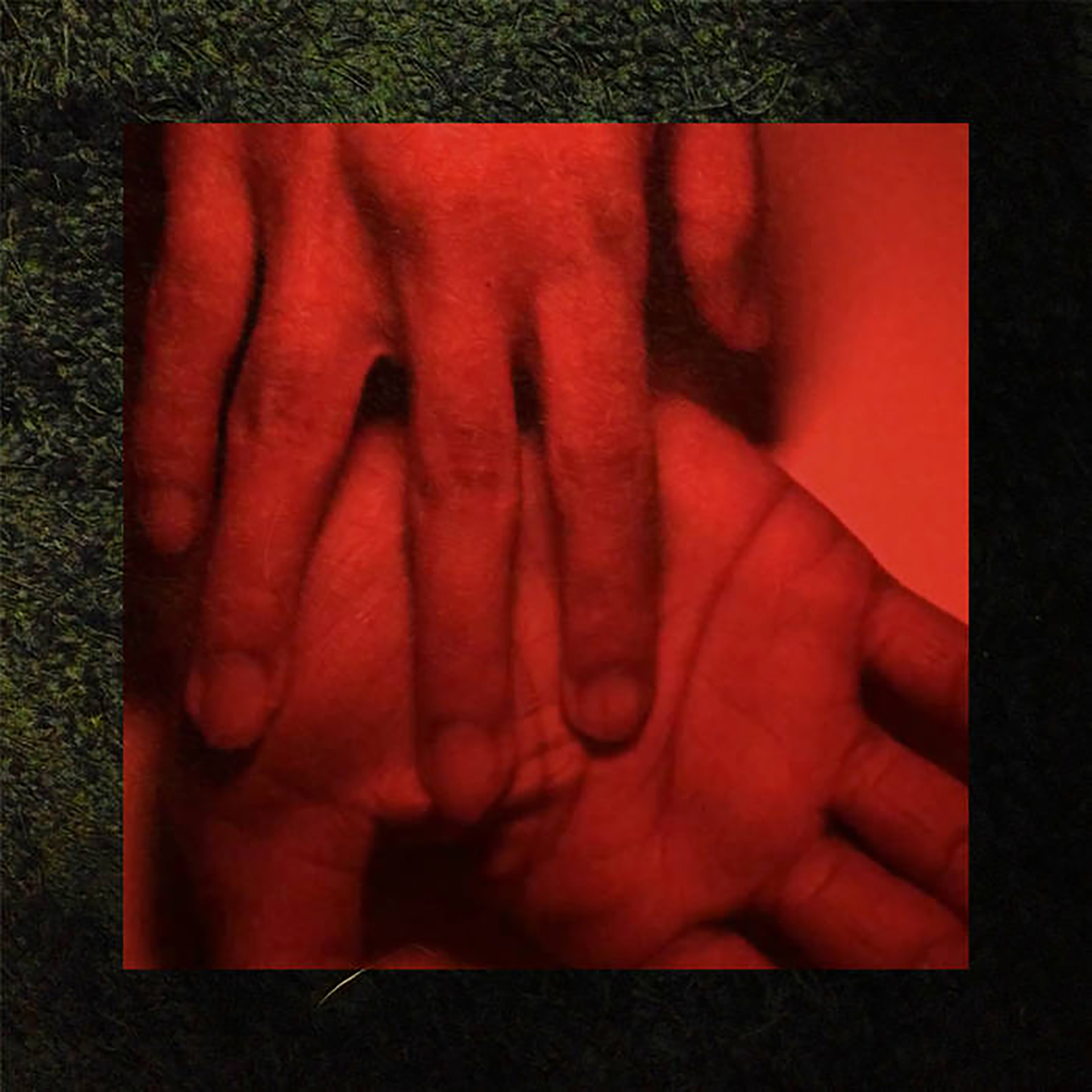Rachika Nayar, "Our Hands Against the Dark"
 Four years in the making, this inaugural release from Brooklyn composer Nayar is something of a small, genre-blurring masterpiece that brings together stuttering, laptop-mangled melodies a la early Fennesz and Oval with billowing ambient warmth. Our Hands in the Dark is a bit more inventive and distinctive than a hazy and heavenly homage to the golden age of Editions Mego and Mille Plateaux, however, as it also features some unexpected nods to Rilke, classic Midwestern emo, and Indian mysticism along the way. To some degree, I am the target demographic for all of those things, but this album is wonderful primarily because of Nayar's oft-brilliant execution, as these eight songs are a veritable feast of exacting craftsmanship, tight songcraft, vivid textures, warm harmonies, and immersive atmospheres. If this album had come out twenty years ago, it likely would have become a regularly name-checked cornerstone of the laptop/experimental guitar scene. Since it is coming out now instead, I suppose it will just have to settle for the consolation prize of being an early contender for one of 2021's strongest debuts.
Four years in the making, this inaugural release from Brooklyn composer Nayar is something of a small, genre-blurring masterpiece that brings together stuttering, laptop-mangled melodies a la early Fennesz and Oval with billowing ambient warmth. Our Hands in the Dark is a bit more inventive and distinctive than a hazy and heavenly homage to the golden age of Editions Mego and Mille Plateaux, however, as it also features some unexpected nods to Rilke, classic Midwestern emo, and Indian mysticism along the way. To some degree, I am the target demographic for all of those things, but this album is wonderful primarily because of Nayar's oft-brilliant execution, as these eight songs are a veritable feast of exacting craftsmanship, tight songcraft, vivid textures, warm harmonies, and immersive atmospheres. If this album had come out twenty years ago, it likely would have become a regularly name-checked cornerstone of the laptop/experimental guitar scene. Since it is coming out now instead, I suppose it will just have to settle for the consolation prize of being an early contender for one of 2021's strongest debuts.
The album's lead single "The Trembling of Glass" is an interesting piece, as it immediately made me want to hear the album, yet does not quite capture Nayar's aesthetic at its most distinctive and seamlessly executed. The fact that her influences are so readily displayed ("killer early 2000s laptop guitar album dissolving into American Football-style arpeggios") does not diminish my enjoyment though, as the churning, chopped, stammering, and unpredictable guitar loops of the first two minutes are absolutely gorgeous. To my ears, however, the album fitfully blossoms into something even better and more unique as it unfolds. For example, "Losing Too Is Still Ours" follows the same "one thing transforms into another" theme of the opener, but the motifs are a bit more radical. It starts with a shimmering, flickering bed of processed guitars joined by some intense and haunting wordless vocals from guest Yatta, then evolves into a second act that resembles a chopped, fluttering, and beautifully poignant orchestral loop playing over some unusually warm, shoegaze-damaged space ambient. That piece is definitely a highlight, but there are several others that reach similar heights. In fact, I am probably most fond of the pair of pieces that close out the the album. The first is the epic-feeling "Aurobindo," which blends dreamy synths; a lovely arpeggio progression; swooning, reverb-swathed vocals; and a host of flickering, hissing, and gently warped sounds into a shape-shifting gem of reality-blurring psychedelia. The closing "No Future," on the other hand, sounds like an achingly beautiful cello melody from Zeelie Brown being violently and repeatedly mashed together with I'm Happy, And I'm Singing by a malfunctioning computer before giving way to a lovely and tender coda of unexpectedly unmangled piano. Aside from being a great piece, "No Future" is an especially illustrative example of why Nayar's vision is so instantly and deeply appealing: she excels at finding the precarious nexus where sophisticated avant-garde sensibilities mingle with simple, lovely melodies and genuine human warmth.
Samples can be found here.



